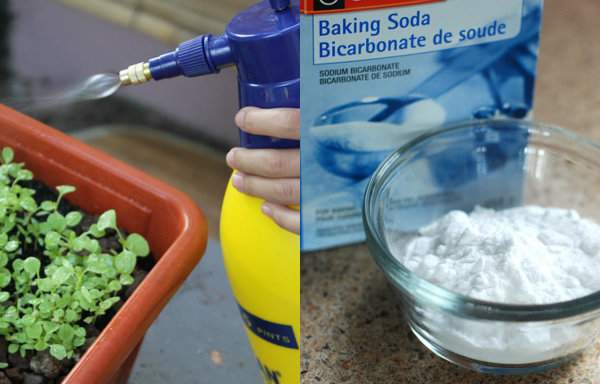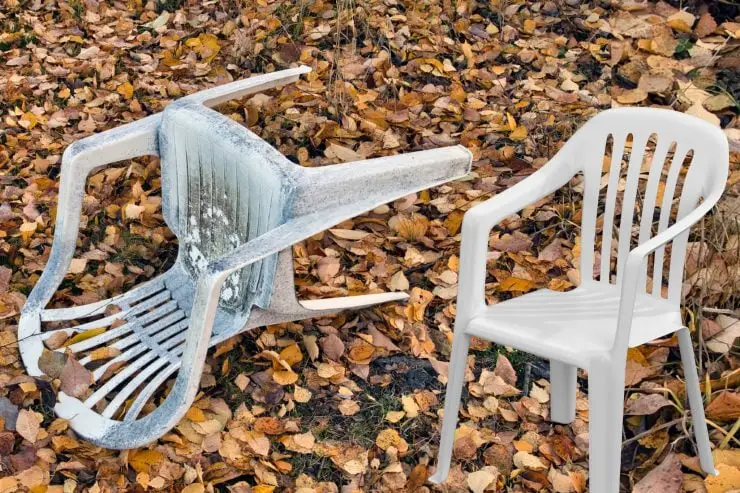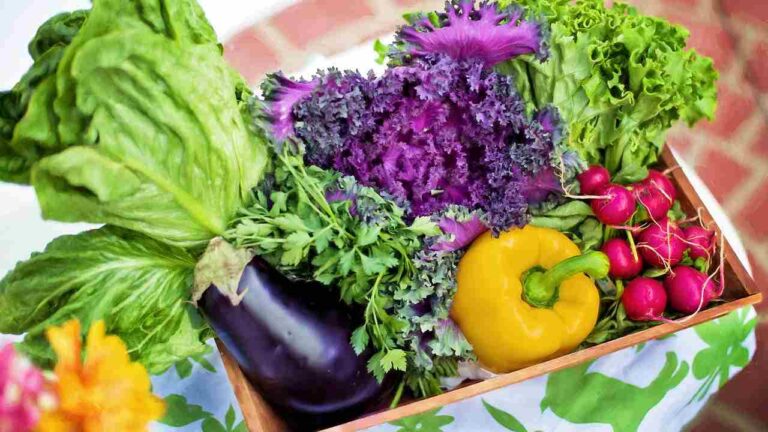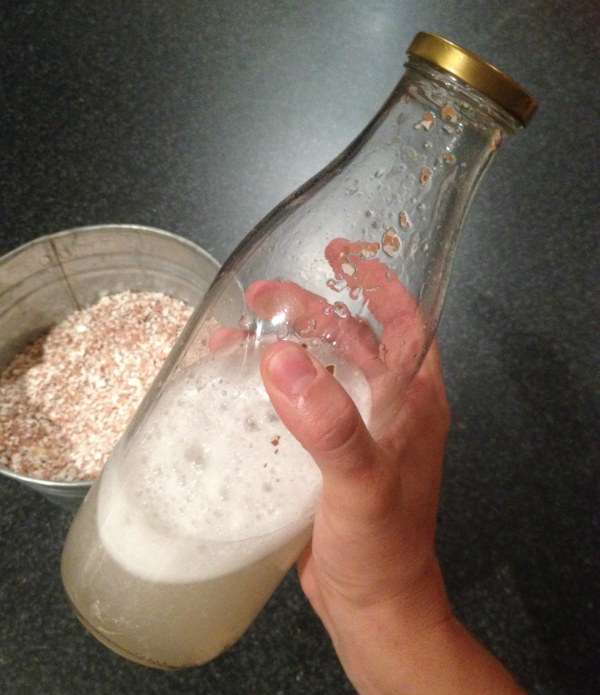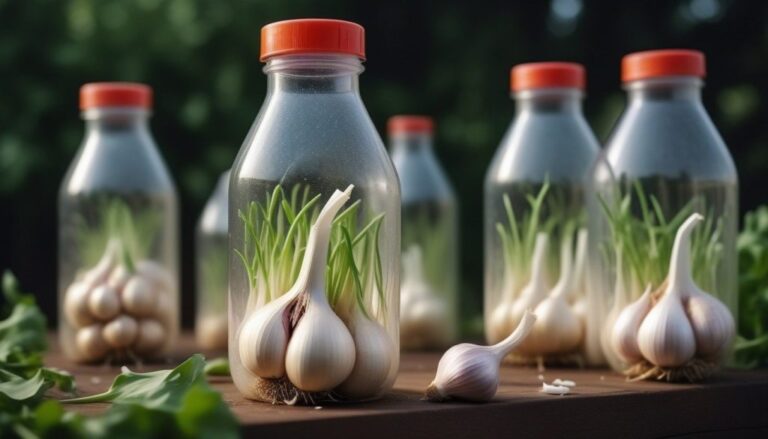The benefits of baking soda for a dream garden
Baking soda is an essential product that you should always have available and in abundance in your closet. This natural product is an organic gift used everywhere in the house from the kitchen to the bathroom. Easily available and very effective, baking soda will never cease to amaze you. In addition to its health benefits , here are tips that will ensure the well-being of your garden and your greenery thanks to the virtues of sodium bicarbonate.
Make your own antifungal spray
Making a natural fungicide yourself is possible using baking soda. Simply mix 20 g or 4 teaspoons of sodium bicarbonate with 4 liters of water. Pour the resulting mixture into a garden sprayer and spray on your plants to eliminate or limit the development of parasitic fungi such as mildew. It is recommended to spray this antifungal as soon as fruits appear.
Give your rose bushes a boost
You can boost the growth of your rose bushes by using this liquid fertilizer: mix 5 g or 1 teaspoon of sodium bicarbonate and 5 g of Epsom salt in 4 liters of water. Epsom salt provides magnesium, increases fruiting, flowering and stimulates plant growth while sodium bicarbonate protects them. This mixture is sufficient for spraying 4 rose bushes.
It is recommended to spray this foliar fertilizer once the leaves begin to open in spring and again as soon as the roses begin to bloom.
Get rid of weeds
Is your garden path covered in weeds and moss and you don’t know how to get rid of them? Easy ! Simply sprinkle baking soda between the bricks and pavers of your driveway and that’s it. This natural weedkiller is easy to access and above all effective.
Treat your plants with powdery mildew
What is powdery mildew? Powdery mildew is a fungal disease that affects plants in gardens that are too humid and covers them with white marks. This disease also prevents fruit development. If not treated in time, your plant will deform, dry out and die. This disease is transmitted through contact between plants, hence the importance of rapid treatment.
To treat your plants, mix 5 g or 1 teaspoon of sodium bicarbonate, 5 g of oil for winter treatment and half a teaspoon of dishwashing liquid or horticultural soap in 4 liters of water. The dishwashing liquid allows the solution to cling to the leaves. Spray this product once a week, preferably in cloudy and dry weather.
Treat your tomato plants against fungus
It is possible to take care of your tomato plants naturally. Here are two antifungal treatments:
1- Mix one part milk to 4 parts water with 1 teaspoon of baking soda for each liter of water used.
2- Mix 2 and a half teaspoons of horticultural or vegetable oil, 4 teaspoons of sodium bicarbonate with 4 liters of water. (you can add half a teaspoon of castile soap for its insect repellent properties)
Pour the treatment of your choice into a garden sprayer to spray the tomato plants.
NB: Before applying the baking soda spray, it is best to first remove as much of the affected foliage as possible. Spray your tomato plants with water to relax the powdery mildew spores then with your baking soda mixture. It is recommended to spray the baking soda solution in the morning all over the tomato foliage, covering all the leaves, especially underneath. Continue to spray the baking soda mixture every five to seven days until it is under control. You can also spray your tomato plants preventatively.
Deodorize your compost
If you have a compost bin, then you know that it can give off very unpleasant odors, especially when it is hot. To get rid of those foul odors, sprinkle baking soda all over your compost bin.
It is recommended not to add too much baking soda as it could slow down the composting process. You can also place a bucket with baking soda next to your compost bin if it is stored in the garage or tool shed.
Eradicate cabbage worms
One of the nightmares of gardeners and cabbage growers: cabbage worms. These little critters infiltrate the vegetable garden and nibble cabbage, broccoli, etc.
The best way to get rid of them without using chemicals is to mix equal parts flour and baking soda and sprinkle this mixture on your cabbages. This powder will do all the work for you.
Make a natural insecticide against aphids yourself
Nothing worse than aphids invading your plants. Instead of rushing out to buy an insecticide, make one at home. All you need to do is mix two teaspoons of baking soda in a liter of water and add 3 tablespoons of vegetable oil so that the mixture stays on the plant and doesn’t drip with the rain.
Make this liquid into a spray and spray your plants for 100% natural effectiveness.
Rid your soup of harmful organisms
To make your life easier and repel harmful organisms, that is to say any animals or insects wishing to obtain supplies from your vegetable garden, you just need to sprinkle baking soda on the soil of the vegetable garden in order to keep these little critters at bay. .
Test the pH of your garden soil
Knowing the pH of the soil in your garden is very important because depending on its acidity or alkalinity you will know what you can plant. It is preferable to adapt the plants to the type of soil and not the other way around because this requires some specific adjustments.
You can recognize acidic or alkaline soil by the type of plant growing on it, for example:
– on acidic soil you can find gorse, heather, horsetail, buttercup, sorrel, etc.
– while on limestone soil, therefore alkaline, you can find chicory, wildflower, sweet clover, marigold, etc.
The safest way to test soil acidity is to simply sprinkle a small patch of wet soil with a little baking soda. If the baking soda reacts and starts to bubble, the soil is acidic with a pH below 7.
Eliminate crabgrass from your garden
Crabgrass is a wild plant that looks like grass but is not. This grass grows in spring or during hot summer periods and establishes itself where the lawn is damaged. If your lawn is weak, crabgrass will take over.
To avoid this, you need to maintain your lawn by making sure it is dense, cut high and healthy. You can also eliminate this weed by sprinkling it liberally with baking soda and avoiding touching other plants around the crabgrass.
Precautions:
– Before using home remedies directly on your plants, test them on a small part of the plant to be sure you don’t damage it.
– Avoid using bleach or detergent-based products on your plants.
– It is imperative that you never use your home remedies on plants during hot, sunny days as you can kill them.
– Avoid using soap-based solutions on plants with naturally hairy or waxy leaves.
So ! Thanks to these tips, baking soda will be your number one ally in your gardening moments! All you have to do is prepare a stock and hide it in your garden shed.
